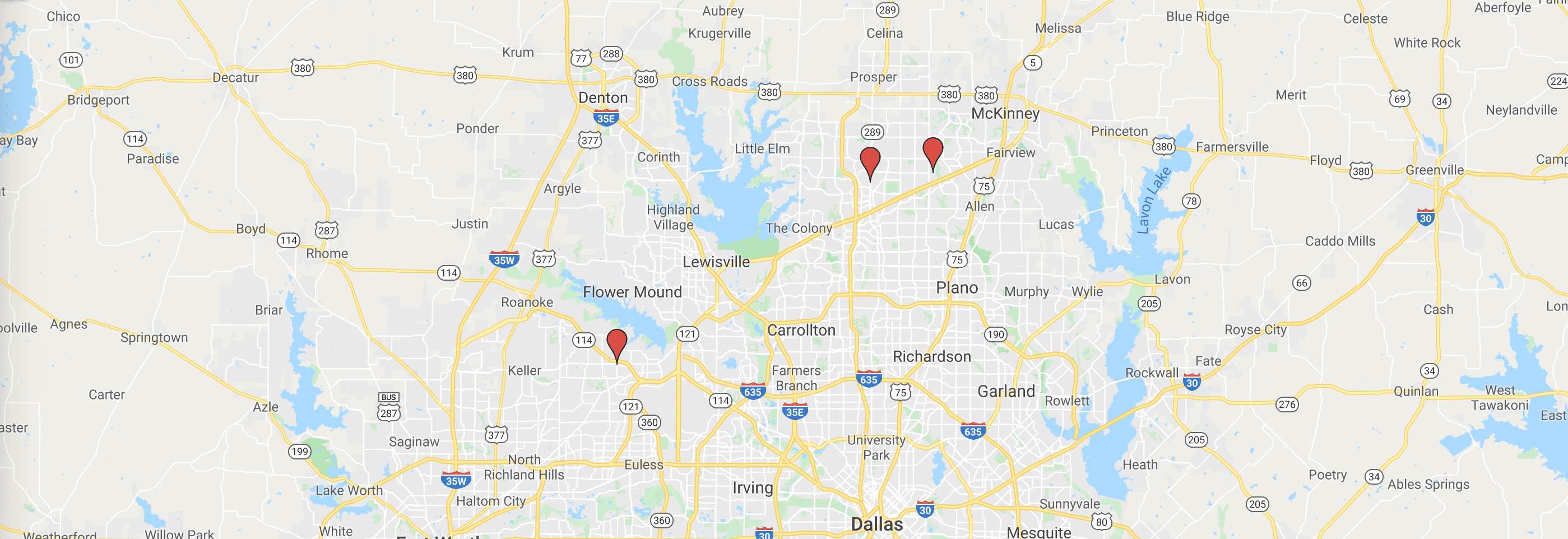What is OCD?
OCD is a disorder of the brain and behavior.
Individuals with OCD experience automatic and intrusive thoughts (obsessions) which trigger high levels of anxiety.
The individual responds to these obsessions by engaging in repetitive acts (compulsions) in an attempt to decrease the anxiety and escape from the obsessions.
Common Obsessions in OCD
- Contamination: body fluids, germs/disease, environmental contaminants, chemicals, dirt
- Fear of being responsible for something terrible happening because of not being careful enough; dropping something on the ground that someone might slip on and hurt themselves
- Religious obsessions (also called scrupulosity): concern with offending God or blasphemy
- Perfectionism: concern about evenness or exactness
- Hoarding: unable to decide whether to keep or to discard things
- Losing control: fear of acting on an impulse to harm others
- Unwanted sexual thoughts: acting on forbidden or perverse sexual thoughts or images
- Concern with getting a physical illness or disease
- Superstitious ideas about lucky/unlucky numbers, certain colors
Common Compulsions in OCD
- Excessive hand-washing or bathing
- Excessive cleaning
- Counting
- Mental rituals, such as excessive repeating of thoughts or prayers
- Excessive repeating of activities or words
- Touching or checking items repeatedly, such as door locks or appliances
- Arranging or ordering items or belongings
- Hoarding unneeded items
What are common obstacles to effective treatment?
Some people choose to hide their symptoms, often in fear of embarrassment or stigma.
Until recently, there was less public awareness of OCD, so many people were unaware that their symptoms represented an illness that could be treated.
Lack of proper training by some health professionals often leads to the wrong diagnosis.
Unfortunately, there are very few doctors or therapists who truly understand OCD, and even fewer who know how to treat it appropriately.
If you are experiencing symptoms of OCD, and would like to discuss treatment options please contact us today.
The above information was taken from "What You need to Know about OCD" published by the International OCD Foundation.



